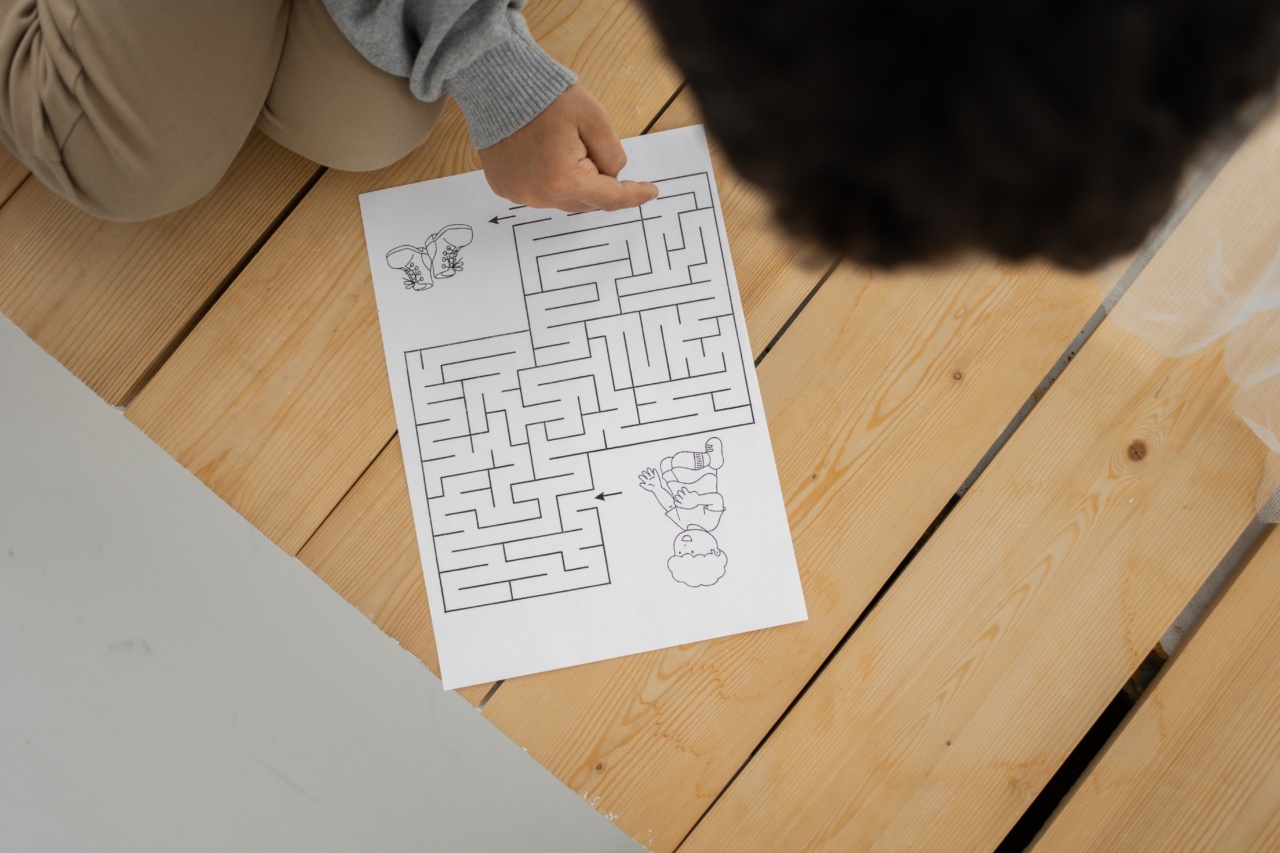Hypertension or high blood pressure is a common health condition that affects millions of people worldwide. The condition occurs when the blood pressure in the arteries is consistently above the normal range.
Hypertension can lead to various complications such as heart disease, stroke, and kidney failure. Besides being a dangerous condition, high blood pressure can also be silent. This means that it can be asymptomatic, causing no noticeable symptoms for decades.
That’s why it’s vital to regularly check blood pressure levels and adopt healthy lifestyle practices.
The Importance of Taking Antihypertensive Medications
While lifestyle adjustments such as eating healthily, exercising regularly, losing weight, and quitting smoking can have a positive impact on managing hypertension, they may not be enough for some people.
In such cases, doctors often prescribe antihypertensive medicines to help lower blood pressure levels effectively. Antihypertensive drugs come in different types, such as ACE inhibitors, Calcium channel blockers, Beta-blockers, and Diuretics.
Depending on the blood pressure readings and individual patient needs, doctors may prescribe one or multiple types of medications.
The Top-rated Antihypertensive Medicines
Here are ten of the best antihypertensive solutions that everyone should consider trying:.
1. Amlodipine
Amlodipine is a type of calcium channel blocker drug that works by relaxing the blood vessels and making it easier for blood to flow through them.
Amlodipine is often used for hypertension management because of its ability to lower blood pressure levels safely. The drug has few side effects and is generally safe for most people.
2. Lisinopril
One of the most popular ACE inhibitors, Lisinopril, is known for its effectiveness in reducing blood pressure levels.
The medicine works by blocking an enzyme that constricts blood vessels, thereby allowing blood to pass easily and lowering blood pressure levels. Side effects of Lisinopril can be minor, such as cough and headache. Still, in some rare cases, it can cause more severe side effects such as allergic reactions or kidney problems.
Therefore, it’s important to monitor the effects of the drug closely and contact a doctor immediately if any symptom feels concerning.
3. Losartan
Losartan is an ARB (Angiotensin II Receptor Blocker) that helps lower blood pressure levels by blocking a hormone called angiotensin II, which constricts blood vessels.
The drug is known for its effectiveness, particularly in people with hypertension and left ventricular hypertrophy. Losartan is generally well-tolerated, and side effects are minor, such as dizziness, back pain, and diarrhea.
4. Metoprolol
Metoprolol is a beta-blocker medication that works by slowing down the heart rate and reducing the workload of the heart. The drug is suitable for people with hypertension, high heart rate, and heart failure.
Metoprolol is generally safe and well-tolerated. However, it can cause side effects such as fatigue, dizziness, and wheezing.
5. Hydrochlorothiazide
Hydrochlorothiazide is a type of diuretic medication that helps reduce fluid volume by increasing urine output. The drug is known for its effectiveness in reducing blood pressure levels, especially in combination with other antihypertensive medications.
Side effects of Hydrochlorothiazide are rare but can include fatigue, nausea, and dizziness.
6. Chlorthalidone
Chlorthalidone is a thiazide-like diuretic that works similarly to Hydrochlorothiazide. The drug is known for its effectiveness in reducing blood pressure levels significantly.
Nonetheless, Chlorthalidone has been associated with more severe side effects like hypokalemia, hyperuricemia, and hyponatremia.
7. Ramipril
Ramipril is another popular ACE inhibitor medication used to manage hypertension. The medicine helps widen blood vessels and improve blood flow, making it easier for the heart to pump blood. Ramipril is generally safe and has few side effects.
However, some people may experience dry cough, dizziness, or upset stomach.
8. Candesartan
Candesartan is an angiotensin II receptor blocker used to manage hypertension. The drug works similarly to Losartan, blocking the production of angiotensin II to reduce blood pressure levels.
Candesartan is generally well-tolerated, but side effects such as dizziness, headache, or nausea may occur.
9. Nifedipine
Nifedipine is another type of calcium channel blocker used to treat hypertension. The medicine helps widen blood vessels and improve blood flow, allowing for improved blood pressure control.
Nifedipine is effective, but side effects such as headaches, dizziness, or flushing may occur.
10. Clonidine
Clonidine is an alpha-2 receptor agonist that reduces blood pressure levels by reducing the sympathetico-adrenal outflow to the adrenal glands. The medicine is generally safe, but side effects such as constipation, dry mouth, and dizziness may occur.
Conclusion
Hypertension is a severe health condition that requires proper management to avoid associated complications.
Antihypertensive medications are an effective means of managing hypertension, and the above-listed drugs are some of the best-rated antihypertensive solutions available. However, before taking any medication, it’s essential to consult with a licensed healthcare provider to determine the appropriate dosage and ensure the drug is safe for the individual patient.





























